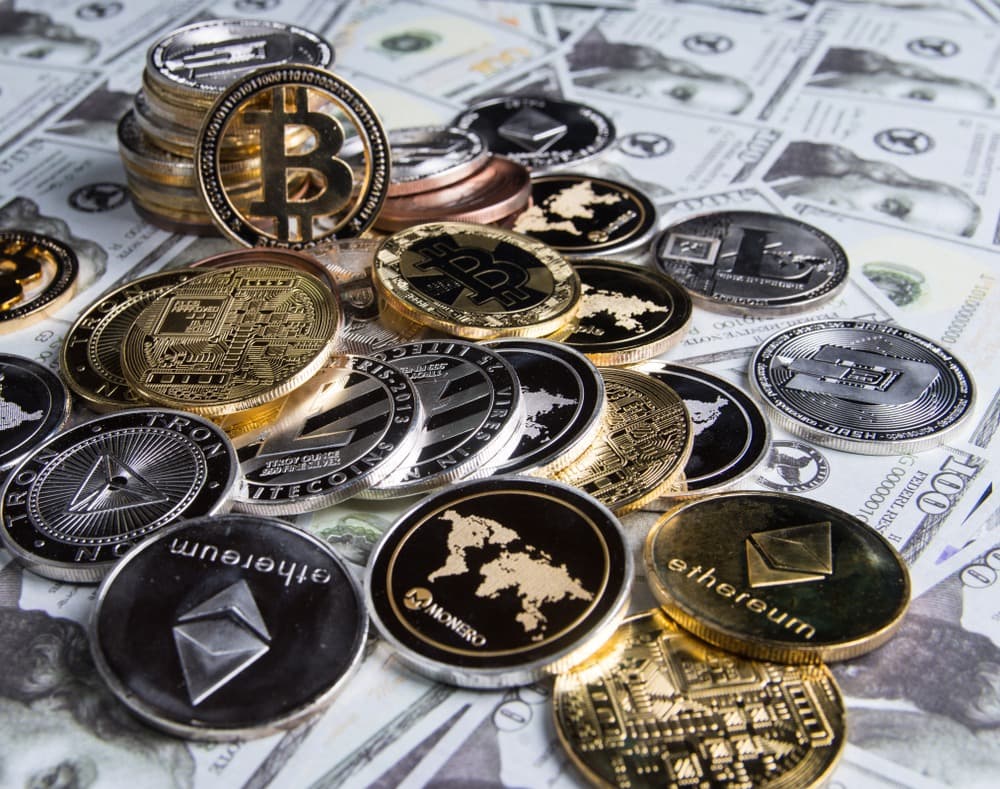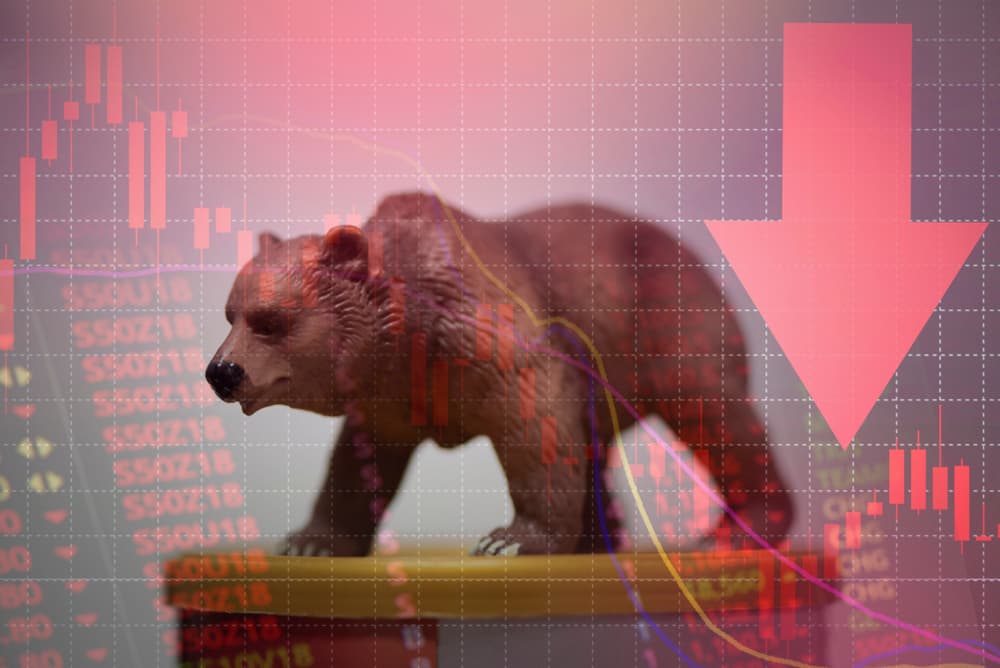
“Every election is a sort of advance auction sale of stolen goods.”
– H.L. Mencken
August 21, 2024 – “Illegal immigration has nothing to do with the color of a person’s skin,” writes reader Rick, somehow agreeing with me … and missing my point at the same time.
Rick doesn’t stop there … ohh, no:
You come here illegally, regardless of your skin color, and you are an illegal immigrant. Really simple logic and I am surprised you cannot fathom that.
[We said as much in the lead of our piece. Illegal immigration is just that, illegal, duh.]
There are numerous news reports saying that illegals coming across the southern border come from Mexico, all points south of Mexico, Africa, the Caribbean, even Asia (some being Chinese). Having personally known true full-blooded Chinese people I know they are not brown.
[Oh, I forgot they’re yellow.]
Obviously Addison there is no hope for you coasties. You do live on the East Coast right? Baltimore right? And sometimes in NH right? I gleaned that from your columns.
That clearly indicts you as a coastie and most likely a Leftist coastie who plays at business topics so he can push his own brand of political swill in his columns. Your distant U.S. immigrant/colonist from Great Britain who earned that land must be rolling in his grave about now.
[C’mon man, America is an idea… and a place.]
The problem isn’t legal immigration; my own maternal grandparents were legal immigrants to the U.S.. The problem is the unmitigated and highly encouraged illegal immigration brought on by the abject policy failures of the Biden (Xiden in Chinese) Administration that would likely be repeated and amplified by the reign of Queen Kamala and her sycophant bureaucratic state. Dante must love watching his Inferno come to life!
You clearly do not understand the problems facing the U.S.A. right now.
[Clearly.]
And yet we try. Rick informed me he is unsubscribing. Then he suggested I should move to Italy, find a drinking buddy, and go on “regular rounds of debauchery & excess.”
As nice as that sounds on a 51-degree morning in the coastal (ahem) state of Vermont, we have business to attend to.
Many of our forecasts here at Grey Swan are related to threats. Mostly threats to your wealth. But there’s also the third rail of politics. And its inherent threat to you, your family and your freedom, too.
We’re hearing this week about Kamala Harris’ hastily laid economic plans. Or lack thereof. Those that are not borrowed from the Republican platform are designed to save us from the inflation we’ve had over, um, her tenure at the Naval Observatory.
Former President Trump bears his share of the blame. Locking down the economy during the pandemic happened with the stroke of a pen in his hand. And the “Economic Impact Payments” (EIC) sent directly from the Treasury to 35 million U.S. citizens, including one of my sons who’d never even held a job up to that point, bear his name,
But Donald J. and Steven T. only got the free money express started…
Two years later, Joseph R. and Kamala D. rammed the equally Orwellian-titled “Inflation Reduction Act” (IRA) through Congress, with Kamala Devi casting the tie-breaking vote in the U.S. Senate.
Apparently, in her mind the good work of the government is not done.
K.D. now wants to punish grocers for the whopping 1—2% profits they make when they bring you food. Yes, grocers have record revenues. But things cost more than they used to. It’s called inflation.
And… find a way for you to pay first-time homebuyers $25,000 for a downpayment on a new house. Never mind you already owe your share of $35 trillion (and rising). Is she aware that the end result of such subsidies will likely make each new how cost $25,000 more?
Who cares? Ha, ha, ha, haaaaa! Vote Kamala-Walz.
Today, Grey Swan Investment Fraternity managing editor Andrew Packer shares his thoughts on voting in yesterday’s primary in the state of Florida. Enjoy ~~ Addison
Democracy’s Death By a Thousand Cuts
Andrew Packer, Grey Swan Investment Fraternity
Another election season has begun. Florida held its primaries yesterday, and your humble editor managed to cast a ballot, even with one hand clinched firmly (albeit proverbially) around my nose.
Voting has come a long way for me. It used to be fun. Growing up in San Diego, California, my first time voting was an interesting one: To recall Governor Gray Davis and vote for a replacement.
Davis won re-election in 2002. But he lied about the extent of the state’s power grid failures as companies like Enron were able to sell out-of-state power, or even power generated in-state, sent out-of-state, and sent back at phenomenal markups.
11 months short months after cruising to re-election, Davis was out of a job. And the Total Recall jokes flooded in.
But today? Voting is an exercise in frustration. Perhaps even futility. And that’s just as true at the local level as at the national.
E Pluribus Absurdum
America’s two-party system has led us down this path. It’s easy to see why. Our politics have become increasingly bizarre.
Let’s start by considering the Democratic Party.
The party is, I’m sad to say, one of the least democratic groups in America today.
In 2008, we learned that the party’s nominating process involved “superdelegates.” This allowed Barack Obama to win the nomination despite Hillary Clinton having more total delegates.
In 2016, Clinton learned her lesson. She locked up the nomination early thanks to the superdelegates, even though doing so meant that Bernie Sanders was locked out.
In 2024, Democratic voters largely didn’t even have primaries, mostly to shut out RFK Jr.’s bid. Now, those voters get Kamala Harris, without any real say, thanks to Biden dropping out.
Meanwhile, the Republican Party has lost its way from the Reagan Era. We had “compassionate conservatism” under George W. Bush, which was a nice way of saying the GOP was abandoning free-market principles.
The GOP was clearly looking for a different angle to attract voters, and spent a few election cycles looking for the right fit. John McCain and Mitt Romney weren’t it.
Under the “big tent” principle, Donald Trump was able to steamroll a massive number of opponents in 2016. And slogans such as “drain the swamp” felt somewhat similar to a Reaganeque saying about big government being the problem.
But when you’ve got a big tent, you’ve also got a big circus. Trump’s first administration was chaotic. That may be how things work in Trump’s business empire, but bureaucrats aren’t trained for that level of independence. Government just doesn’t have the flexibility of the private sector.
Voting in Florida’s primary yesterday, I can see these trends playing out at the local level.
As a closed primary state, I generally get a choice between two or three mediocre Republican candidates for local office who have spent primary season attacking each other. They tend to lose to the (usually incumbent) Democrat.
Palm Beach County’s sheriff is running for a sixth term and is on track to win. Voters largely overlookd his policy of allowing Jeffrey Epstein daily leave from county lockup in the late 2000s…
Meanwhile, my member of Congress, who I wrote about last month, for her investment strategy that got Martha Stewart locked up, is running for her seventh term. Despite zero yard signs or campaign commercials (yet), it’ll probably be a 10+ point blowout.
This year, one office couldn’t even find a GOP challenger, leaving me the choice between voting for two Democrats. And things are pretty quiet at the state level this year, so there’s no real chance to vote for someone who could actually win their office.
But, I keep reminding myself, at least I still get the appearance of a choice, even if most of them are of the Hobson variety.
If Kamala Harris goes on to win the presidency, one wonders if the Democratic Party will move towards simply telling voters who their candidate will be in the future and get rid of primaries entirely. (My wife, a Florida native and lifelong Democrat, doesn’t like this observation, but admits she could see it happening.)
Just as the U.S. dollar could one day collapse from a thousand different cuts – the rise of other currencies, America’s massive debt load – one day, too, our democracy could die the same way.
The small changes are gradual. But one day, suddenly, it all ends. One increasingly authoritarian political party becomes a single point of failure. Another political party may find that a tent, no matter how big, can’t weather a storm.
In Gridlock I Trust
Growing up, San Diego was one of the last “red” areas of an increasingly “blue” state.
As the Cold War ended and defense companies moved away from the West Coast, the political shift took time to play out … but it did. Barring another film star running for office on the GOP ticket, California has seen its last Republican governor.
Today living in South Florida, I’m in a “blue” enclave in an increasingly “red” state.
Florida’s population has jumped by over 1 million residents since the pandemic, attracting those who thought that “two weeks to slow the spread” of Covid was sufficient. (As I jokingly said at the time, “If you’re going to get it, get it at Epcot.”)
Frankly, I don’t like the trend of increasing political concentration into one party, whether in the Golden State or the Sunshine State.
The last thing we need is one-party control.
Gridlock is part of our government’s structure in the constitution. Yet it’s often the first concept to go out of favor when one party gets control of multiple branches of government, State or Federal.
Gridlock is also the financial market’s favorite outcome. If one political party dominates the White House and Congress come November, market uncertainty will soar … and stocks will sell off.
But gridlock? It’ll probably keep bringing new all-time highs as a divided Washington continues to spend beyond its means at a more “reasonable” pace.
That’s in the short-term. Since gridlock won’t fix our political problems, it’ll simply mean we continue down the path to the death of the dollar. At some point, we’ll have to pick our pain. But likely not this election cycle.
~~ Andrew Packer, Grey Swan Investment Fraternity
So it goes,
Addison Wiggin,
Grey Swan
P.S. If you haven’t noticed, all through the primaries this year, gold has been quietly seeking new highs.



